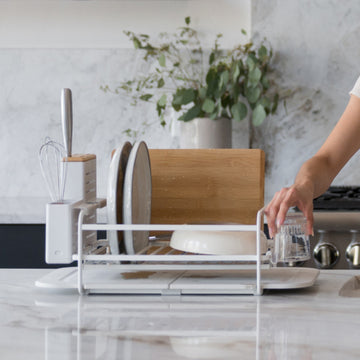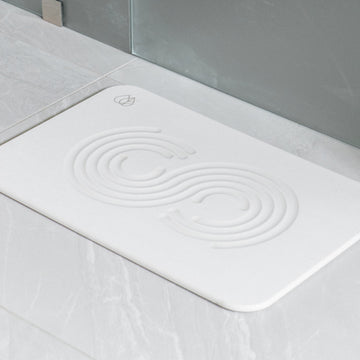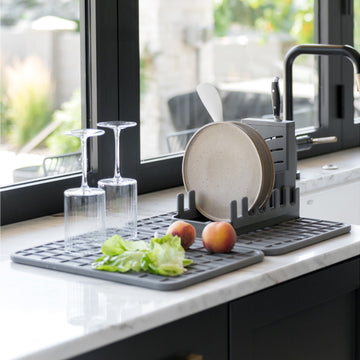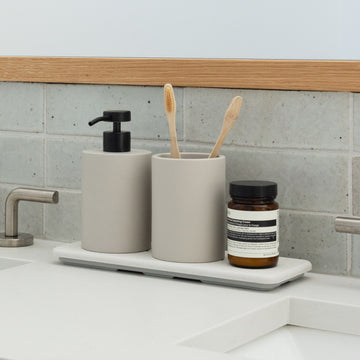Mother's Day: Less Mess, Less Stress – Perfect Gifts for Every Mom
- May 7, 2025
The Best Soap Refills for Your New Soap Dispenser
- May 7, 2025
Glacier Dish Pad: Sustainability at the Core
- Apr 29, 2025
Ultimate Kitchen Essentials List for Your Home
- Apr 23, 2025
9 Kitchen Counter Decor Ideas for Every Home
- Apr 23, 2025
Kitchen Counter Organization Ideas to Cut Clutter
- Apr 9, 2025











